Awareness & Prevention Center
Community engagement and support are central to a successful prevention platform. DLC offers a variety of awareness and prevention programs that can help bridge the gap between our services and our community to provide a healthier Collier County.
Call us at (239) 455-8500 to inquire about an awareness and prevention program in your workplace, school, or elsewhere.

Programs for Parents
DLC parent resources encompass substance use education, problem identification, free parenting courses, and referral and community-based outreach.
Parents with Pre-Teen Children
Our Parenting Today Program consists of 2 6-hour classes for parents of kids ages 5-12. Priorities include:
- Better communication with your children
- Guiding safer choices
- Fostering better cooperation
- Disciplining effectively
Parents with Teenage Children
Parenting Teens is a 6-session series for parents who need help with strong-willed or out-of-control teen children. Discussions cover:
- Preventing and intervening in negative choices
- Addressing problematic behavior
- Changing destructive behavior
- Drug use, violence, and sexuality
- Rebuilding family relationships
Mental Health First Aid
David Lawrence Centers offers a Mental Health First Aid prevention program that’s designed to arm members of the public with the key skills to help someone who is developing a mental health problem or experiencing a mental health crisis.
Throughout an interactive 6.5 hour training session, the program introduces participants to risk factors and warning signs of mental illnesses, builds understanding of their impact, and reviews common supports. The certification course demonstrates how to offer initial help in a mental health crisis and connect persons to the appropriate professional, peer, social, and self-help care.
Mental Health First Aid includes education on a five-step action plan:
- Assess for risk of suicide or harm
- Listen nonjudgmentally
- Give reassurance and information
- Encourage appropriate professional help
- Encourage self-help and other support strategies

Programs for Parents
DLC parent resources encompass substance use education, problem identification, free parenting courses, and referral and community-based outreach.
Parents with Pre-Teen Children
Our Parenting Today Program consists of 2 6-hour classes for parents of kids ages 5-12. Priorities include:
- Better communication with your children
- Guiding safer choices
- Fostering better cooperation
- Disciplining effectively
Parents with Teenage Children
Parenting Teens is a 6-session series for parents who need help with strong-willed or out-of-control teen children. Discussions cover:
- Preventing and intervening in negative choices
- Addressing problematic behavior
- Changing destructive behavior
- Drug use, violence, and sexuality
- Rebuilding family relationships
Mental Health First Aid
David Lawrence Centers offers a Mental Health First Aid prevention program that’s designed to arm members of the public with the key skills to help someone who is developing a mental health problem or experiencing a mental health crisis.
Throughout an interactive 6.5 hour training session, the program introduces participants to risk factors and warning signs of mental illnesses, builds understanding of their impact, and reviews common supports. The certification course demonstrates how to offer initial help in a mental health crisis and connect persons to the appropriate professional, peer, social, and self-help care.
Mental Health First Aid includes education on a five-step action plan:
- Assess for risk of suicide or harm
- Listen nonjudgmentally
- Give reassurance and information
- Encourage appropriate professional help
- Encourage self-help and other support strategies
Research indicates a 10-year delay from first symptom to treatment.
Think about the challenges a decade of delay can create.
Avoid that long, often silent, struggle, and get connected to care today.
Children's Prevention Programs
Children’s Prevention Services consist of programs for children, adolescents, parents, and preschool educators. Education and information principally target substance use, suicide, life skills, conflict resolution, anger management, behavioral problems, and depression. In addition to participation on-site with DLC, specialists go to schools and after-care programs.
Our Prevention Team has a series called “Prevention Talks” that includes videos covering various topics for parents and children.
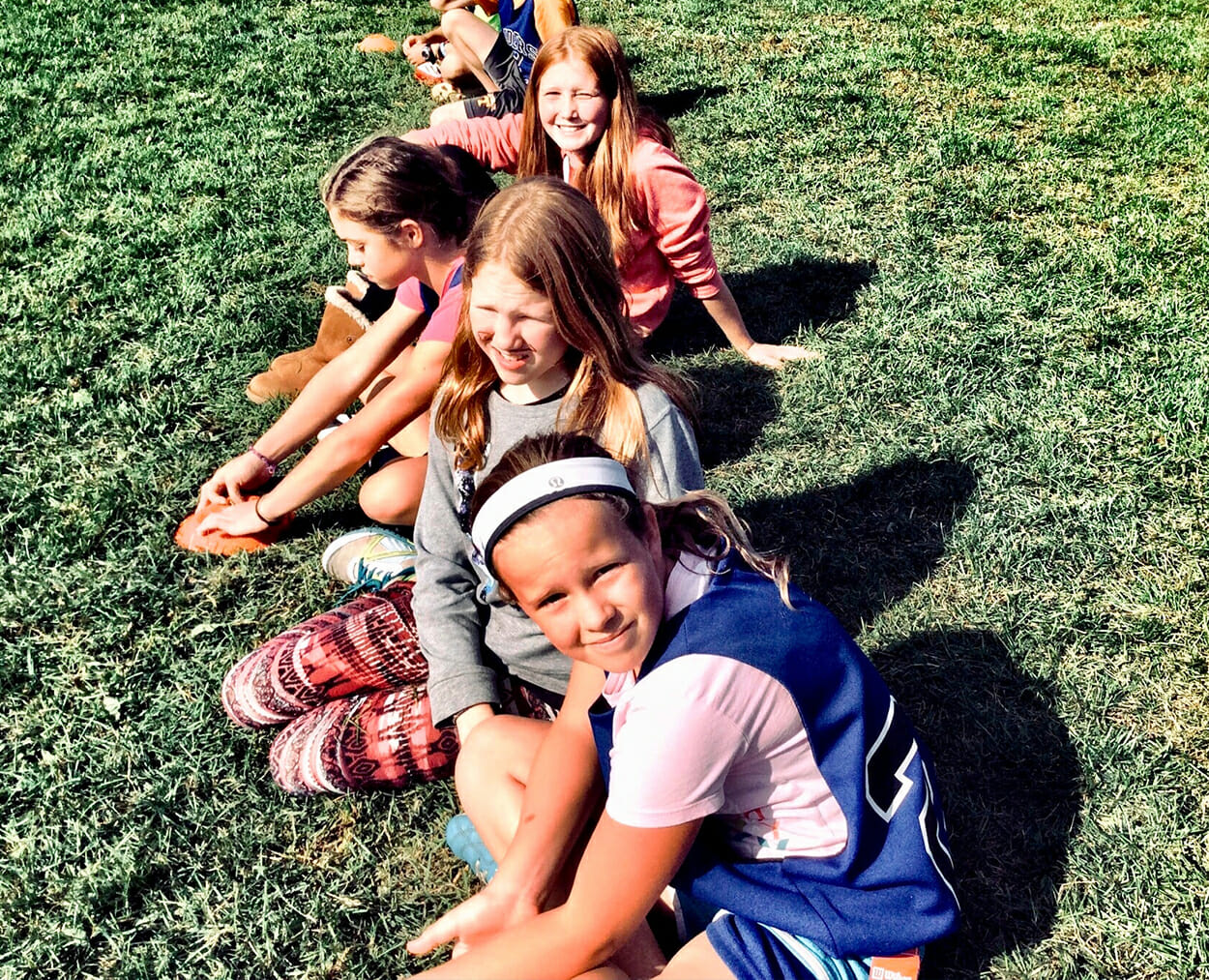

Children's Prevention Programs
Children’s Prevention Services consist of programs for children, adolescents, parents, and preschool educators. Education and information principally target substance use, suicide, life skills, conflict resolution, anger management, behavioral problems, and depression. In addition to participation on-site with DLC, specialists go to schools and after-care programs.
Our Prevention Team has a series called “Prevention Talks” that includes videos covering various topics for parents and children.
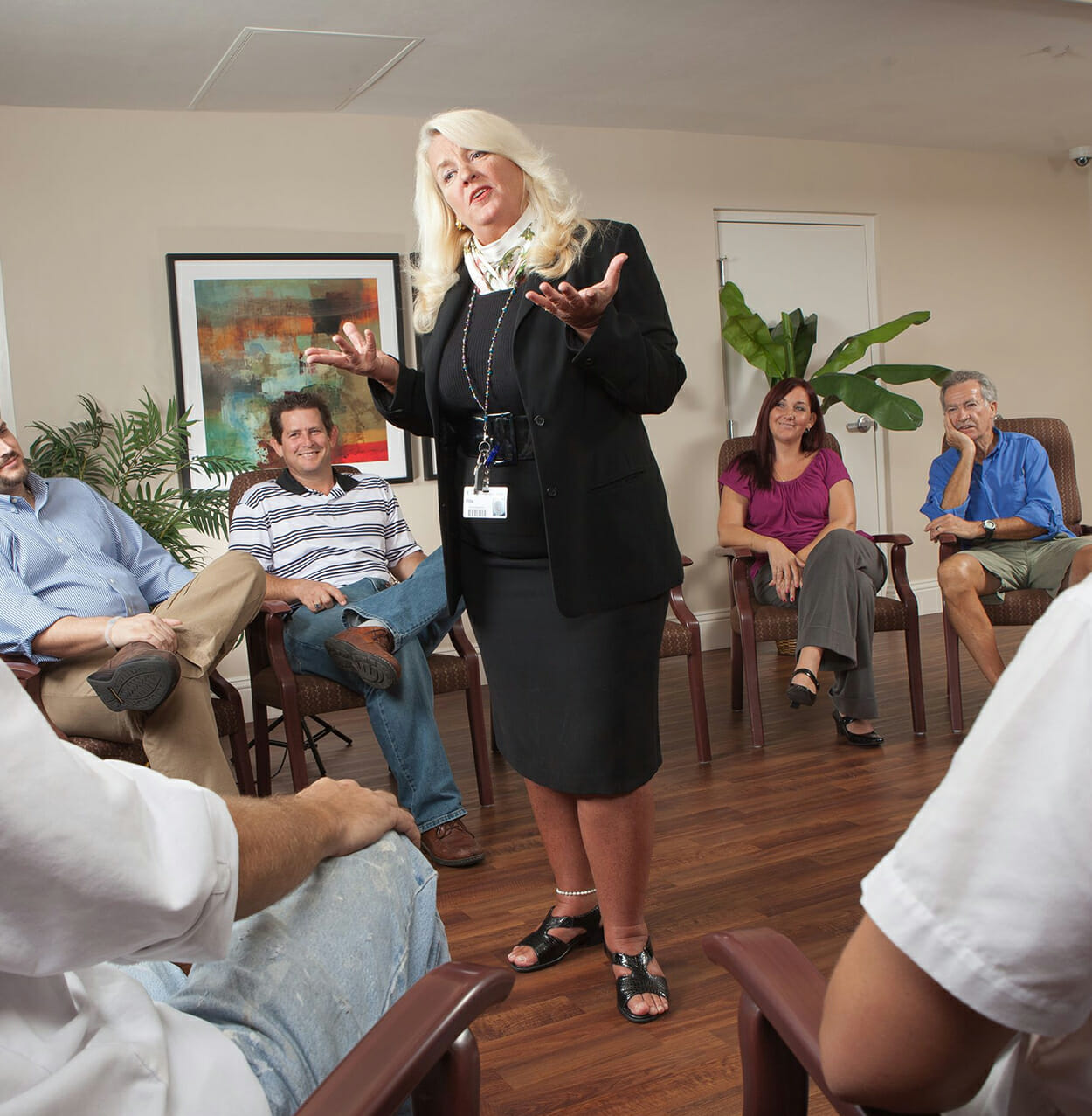
Life Skills Training
An evidence-based prevention program that teaches personal and social skills to promote individual competence. The program aims to decrease vulnerability to pro-substance use social influences from peers and the media. This curriculum is offered for middle school or high school students.

Life Skills Training
An evidence-based prevention program that teaches personal and social skills to promote individual competence. The program aims to decrease vulnerability to pro-substance use social influences from peers and the media. This curriculum is offered for middle school or high school students.
Too Good for Drugs
An evidence-based prevention program discussing the negative consequences of drug use and the benefits of a nonviolent, drug-free lifestyle.
The program also focuses on developing personal and interpersonal skills to resist peer pressures, enhance goal setting and decision making, manage emotions, communicate effectively and have respect for self and others. An age appropriate curriculum with different activity kits per grade level, Kindergarten through 8th grade.
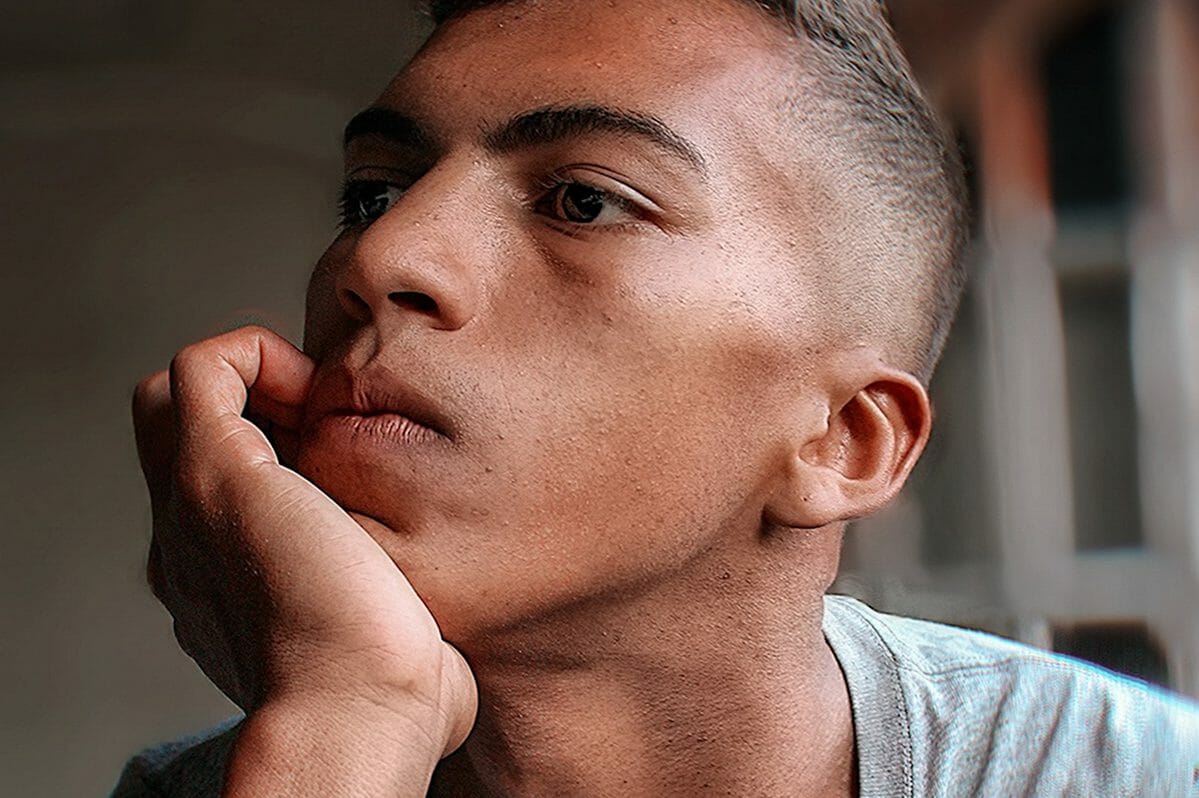

Too Good for Drugs
An evidence-based prevention program discussing the negative consequences of drug use and the benefits of a nonviolent, drug-free lifestyle.
The program also focuses on developing personal and interpersonal skills to resist peer pressures, enhance goal setting and decision making, manage emotions, communicate effectively and have respect for self and others. An age appropriate curriculum with different activity kits per grade level, Kindergarten through 8th grade.
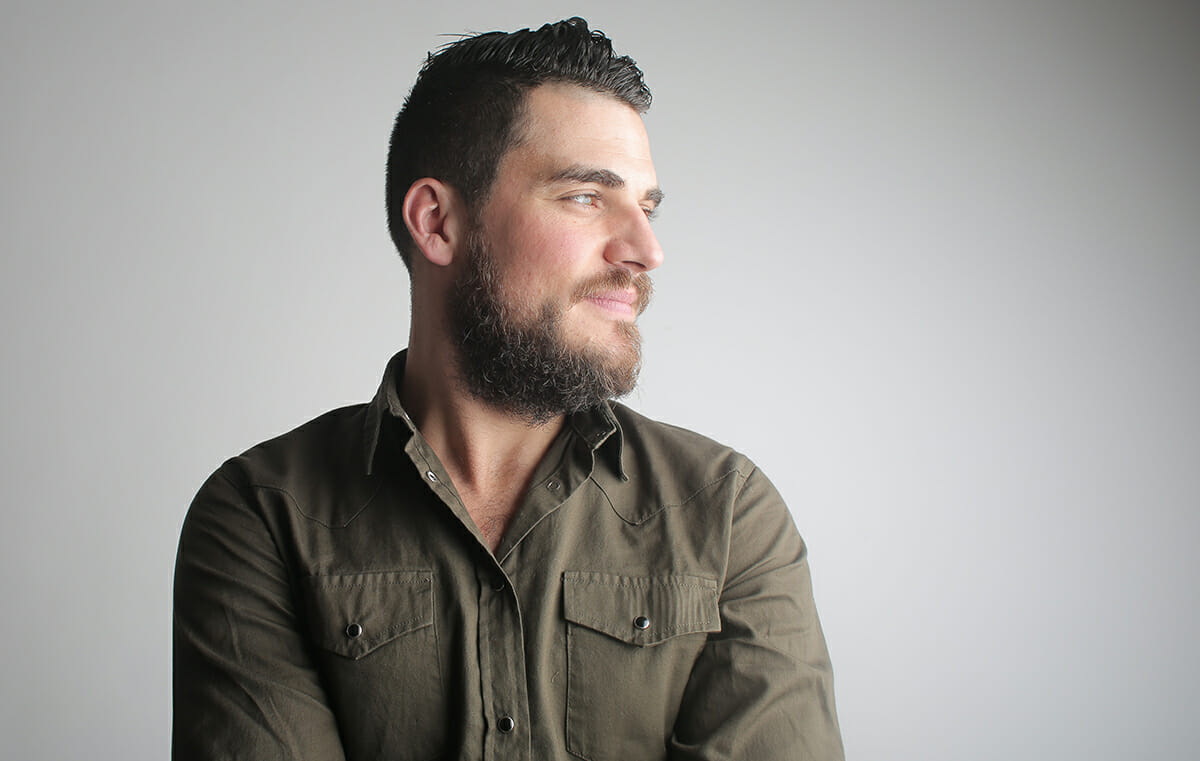
Second Step
Second Step teaches kids the skills needed to succeed socially and academically. Classes are available for children in local schools in grades pre-kindergarten through 5th grade. The program assists educators in their efforts to build self-esteem, self-control, respect for the rights of others and responsibility for one’s own actions.
Second Step includes education on:
- Social-emotional skills
- Problem solving skills
- Self-Regulation
- Feelings
- Being Fair
- Bullying
- Friendship
- Manners
- Consequences

Second Step
Second Step teaches kids the skills needed to succeed socially and academically. Classes are available for children in local schools in grades pre-kindergarten through 5th grade. The program assists educators in their efforts to build self-esteem, self-control, respect for the rights of others and responsibility for one’s own actions.
Second Step includes education on:
- Social-emotional skills
- Problem solving skills
- Self-Regulation
- Feelings
- Being Fair
- Bullying
- Friendship
- Manners
- Consequences
QPR Suicide Prevention Training
DLC regularly hosts a QPR Suicide Prevention Training, that is open to the community. This in-person presentation features an overview of mental health, common challenges and warning signs, how to discuss concerns with others, and resources available. Each attendee will be trained in Question, Persuade, Refer (QPR): an evidence-based suicide prevention certification.
For future training dates, please check our Events page.
For more information, please e-mail dlceducates@dlcenters.org.


QPR Suicide Prevention Training
DLC regularly hosts a QPR Suicide Prevention Training, that is open to the community. This in-person presentation features an overview of mental health, common challenges and warning signs, how to discuss concerns with others, and resources available. Each attendee will be trained in Question, Persuade, Refer (QPR): an evidence-based suicide prevention certification.
For future training dates, please check our Events page.
For more information, please e-mail dlceducates@dlcenters.org.
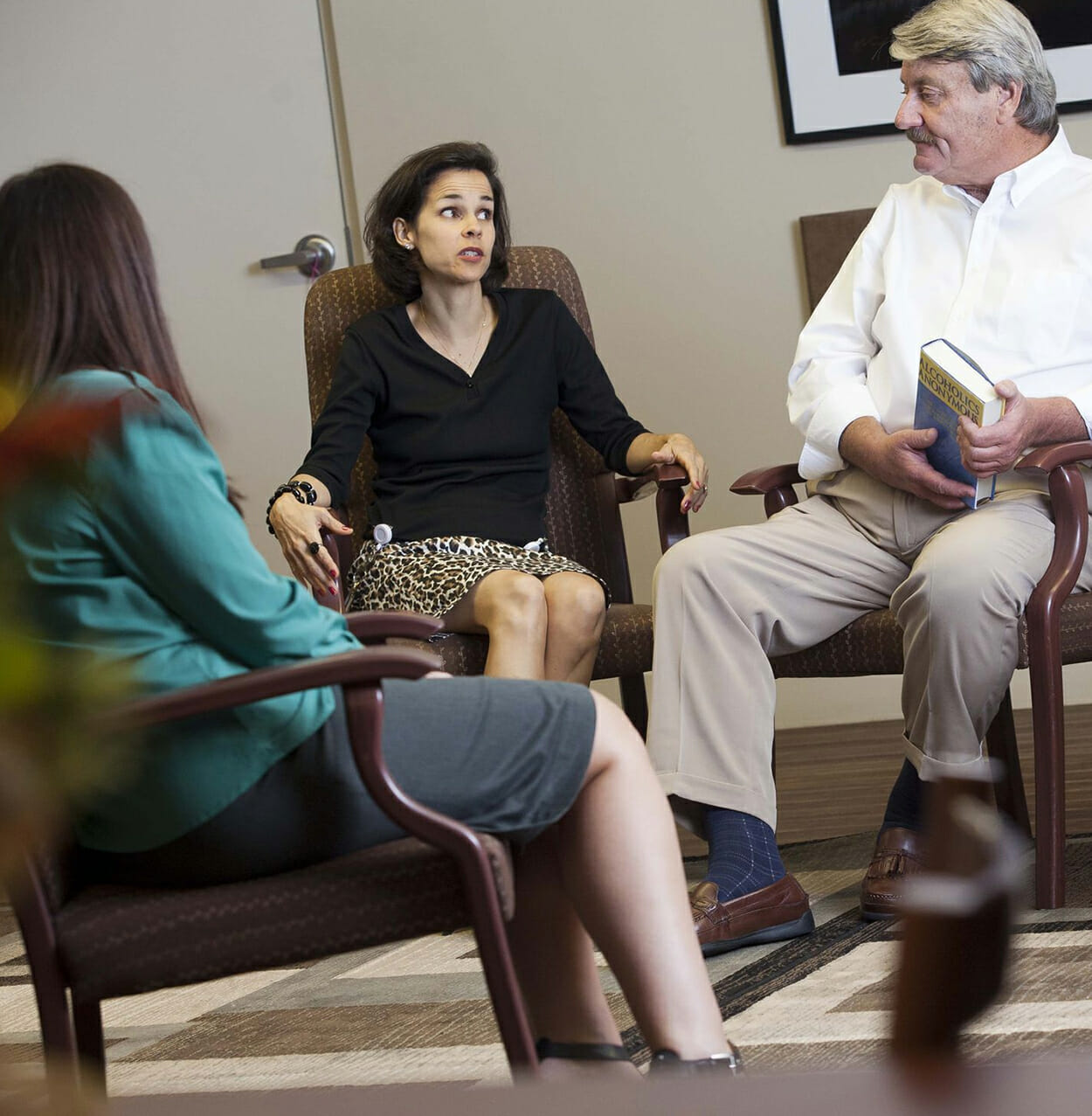
Speaker's Bureau
The David Lawrence Centers ‘ Speaker’s Bureau provides expert clinical staff members in particular fields to speak to community organizations, businesses, and groups on a variety of topics. Topics can be customized based on the needs of the group and availability of our experts. Topics for potential speakers include:
- Abuse and trauma
- Accessing and understanding DLC’s services
- Alcohol and drugs in the workplace
- Balancing home and work life
- Effective parenting skills
- Effective communication
- Stress management
- Time management
- Signs and symptoms of mental illness and substance use disorders
- Suicide and deliberate self-harm

Speaker's Bureau
The David Lawrence Centers ‘ Speaker’s Bureau provides expert clinical staff members in particular fields to speak to community organizations, businesses, and groups on a variety of topics. Topics can be customized based on the needs of the group and availability of our experts. Topics for potential speakers include:
- Abuse and trauma
- Accessing and understanding DLC’s services
- Alcohol and drugs in the workplace
- Balancing home and work life
- Effective parenting skills
- Effective communication
- Stress management
- Time management
- Signs and symptoms of mental illness and substance use disorders
- Suicide and deliberate self-harm
Our Partners
We are proud to call the following organizations our partners in community education, awareness, and prevention.
Need Help Now? Call us at (239) 455-8500
